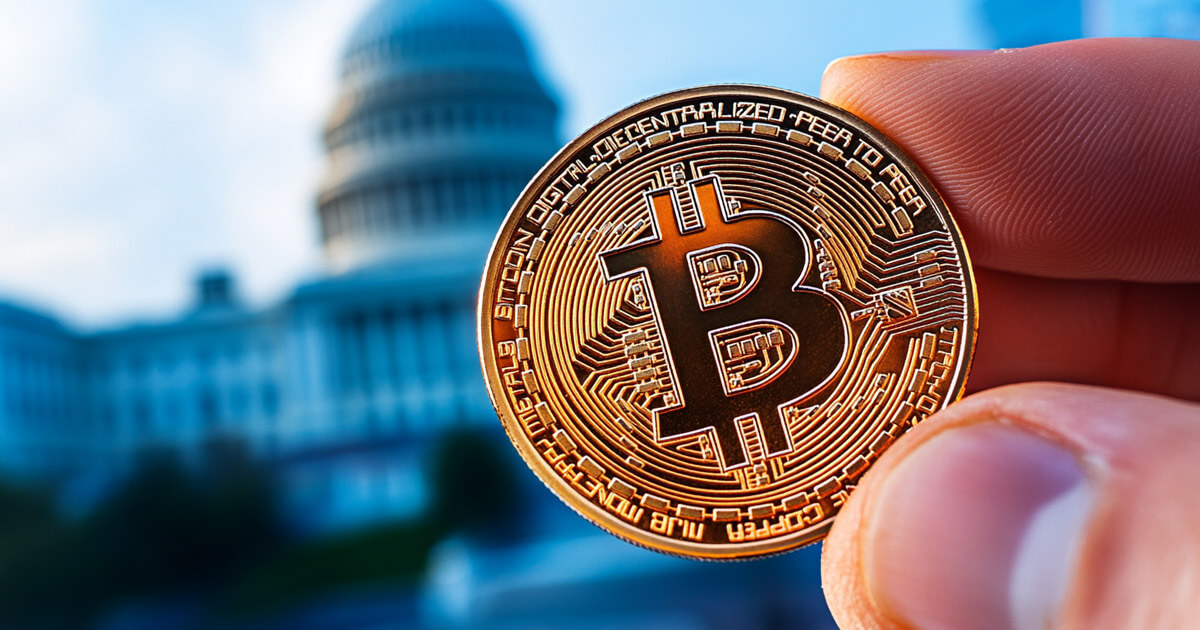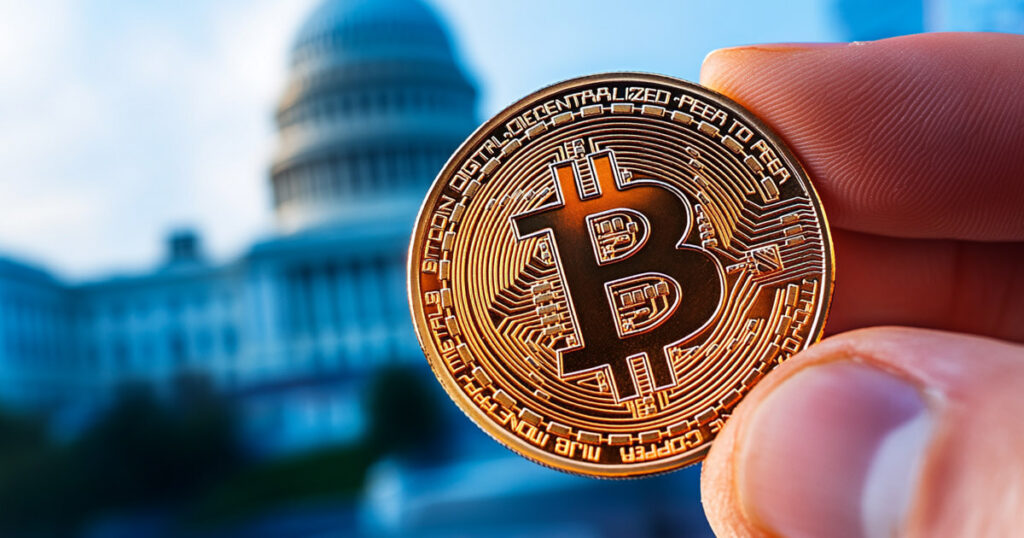
The Digital Chamber of Commerce has urged the U.S. Office of Government Ethics to reconsider banning federal employees from owning cryptocurrency.
In a Nov. 13 letter to acting director Shelley Finlayson, the blockchain advocacy group proposed that the Ethics Office allow federal employees to own a small, limited amount of digital assets.
Under current regulations issued in 2022, federal employees are not allowed to own cryptocurrencies, including stablecoins, due to concerns about potential conflicts of interest. These rules prevent employees from participating in official business that could affect the value of their crypto.
Argument for crypto ownership
The Digital Chamber argued that allowing limited crypto ownership among federal employees would not create a conflict of interest.
Instead, it would align with current policies that allow government employees to hold other financial assets in limited amounts. The group claims that this approach would provide a consistent framework for managing potential conflicts.
The Chamber also suggested that extending similar exemptions to small crypto holdings would ensure fair treatment across asset classes. They believe this change would provide employees with more explicit guidance while supporting equality in ethical standards.
The group emphasized that a more balanced approach to digital asset ownership would help federal employees better understand the technologies they regulate. This in turn would contribute to a regulatory framework that balances consumer protection, financial stability and technological progress.
Call for stablecoin legislation.
This call for policy reform is in line with the House’s broader plea for clarity on the regulations surrounding stablecoins. The organization recently called on lawmakers to prioritize stablecoin legislation, citing stablecoins’ growing role in global savings and cross-border payments.
The Chamber notes that more than 98% of stablecoins in circulation are pegged to the US dollar. Thus, by supporting USD-backed stablecoins, the US can expand its dollar dominance, increase access to the dollar in emerging markets, and strengthen national security during geopolitical uncertainty.
The organization also noted that U.S. policymakers have a unique opportunity to strengthen the global position of the dollar, counter potential risks from competing payment systems and strengthen U.S. financial influence on the international stage.

